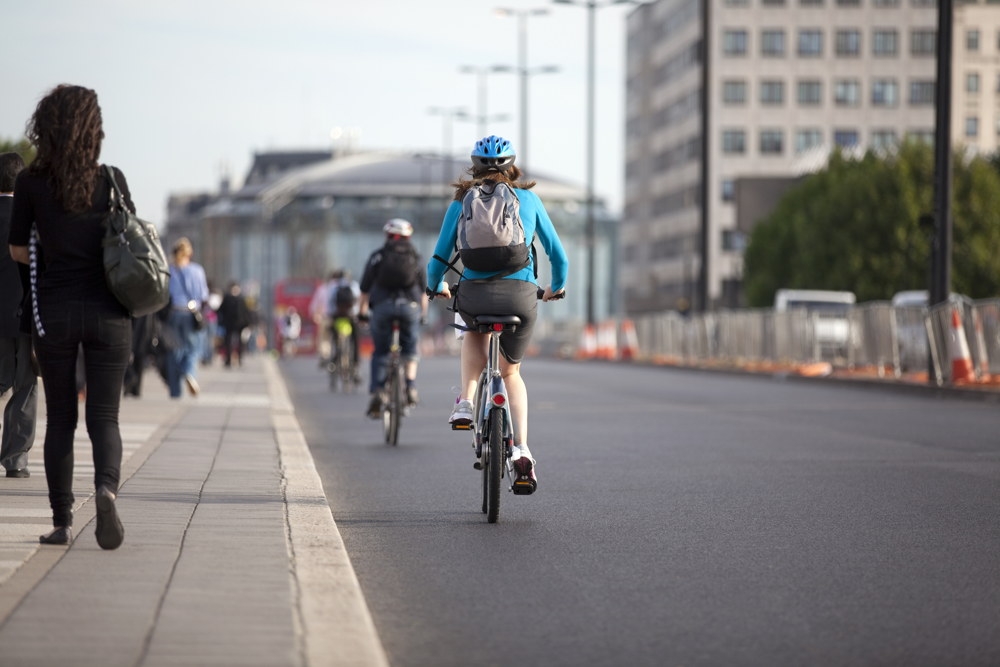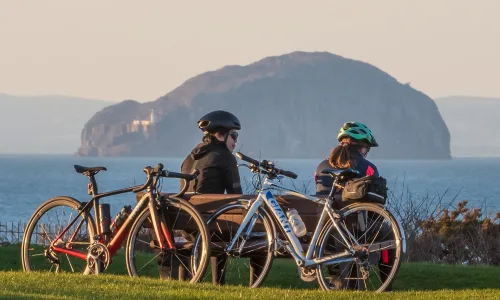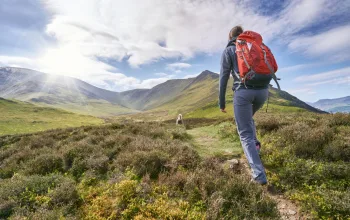It probably won't surprise keen bike owners and fans of Cycle Traveller Magazine, but cycling has been proven to be one of the biggest hopes for protecting both the environment and our health in years to come.
Cycle charity Sustrans' new Bike Life - Transforming Cities report, released in January 2019, has taken cycling trends from the last decade in seven of the UK's biggest cities, including Cardiff, Edinburgh, Bristol and Birmingham, and projected them up to 2040 to see how we'll be cycling in years to come.
They predict that the number of cycle trips taken in Britain will double every eight years from 2017-2040. Sound like a big increase? The numbers are based on the cities of today - between 2001 and 2011, for example, the number of people cycling to work in Bristol almost doubled, and is now 7.6% of the population.
Sustrans' report predicts that by 2040 more cyclists on the road will be saving the NHS £319 million and avoiding 345,000 tonnes of carbon emissions, both improving our health and helping to reduce the impact of motorised transport on the environment. The report states that more people on bikes could prevent 628 early deaths per year by 2040 and save the equivalent of the carbon footprint of 73,000 people, roughly the population of Chester, each year.
The cities the study was focused on are also taking note. Andy Burnham, Mayor of Greater Manchester, said: "This report models the potential benefits that could be realised if cities increased their ambition to make cycling a normal, everyday activity. In Greater Manchester cycling could avert 11,300 long term health conditions, saving the NHS over £106 million."
Read the full report at sustrans.org.uk



















